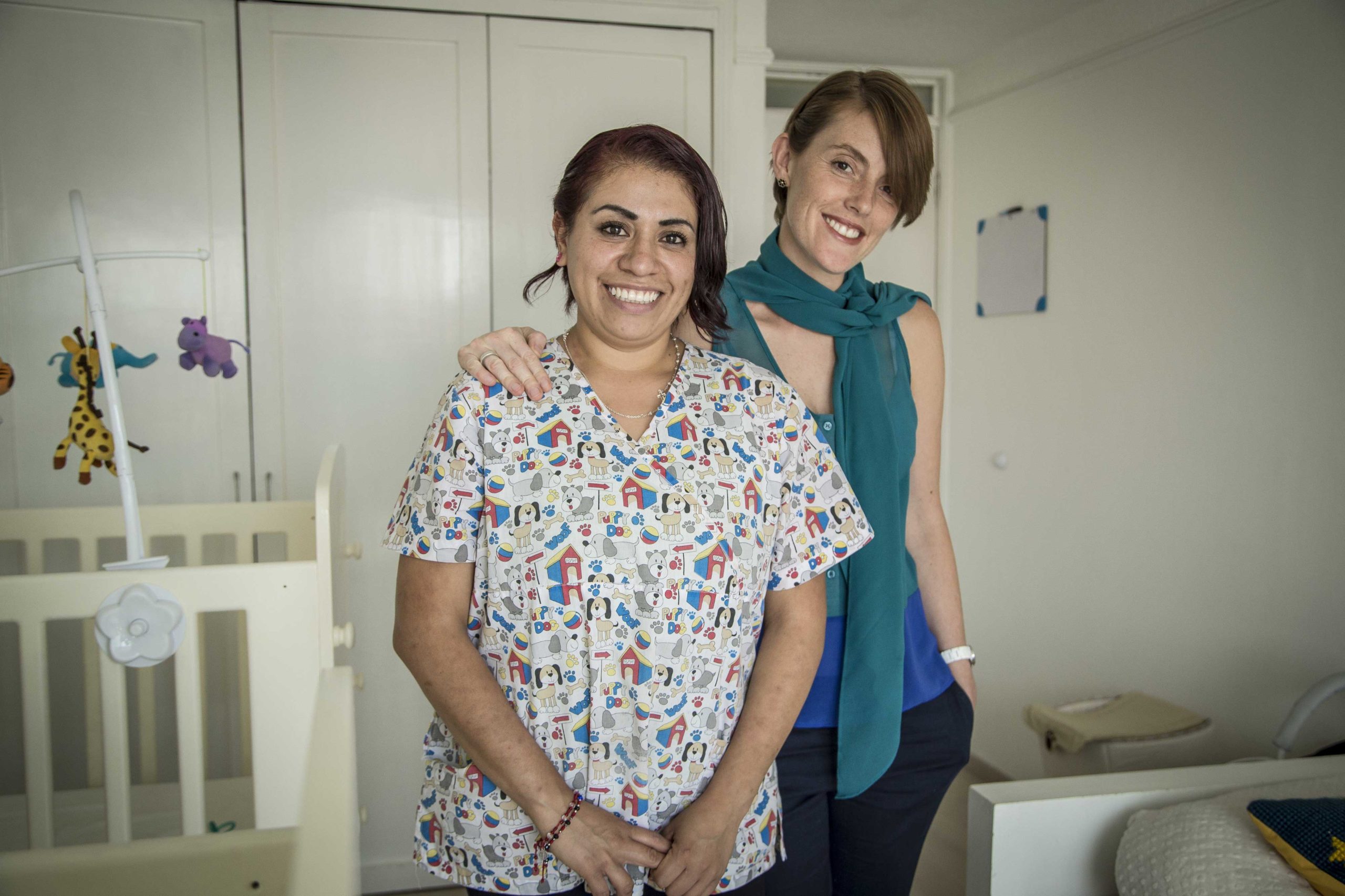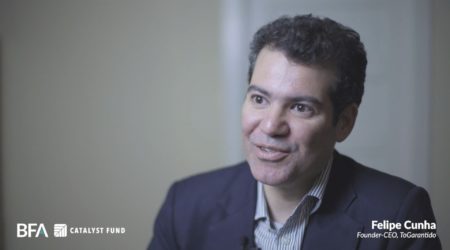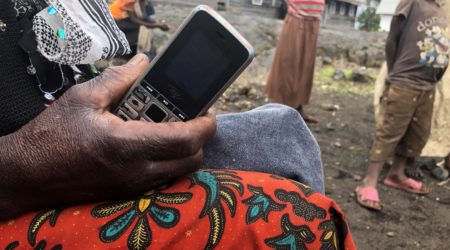Two Problems, One Solution: How Fintech is Boosting Access to Banking and Insurance for Domestic Workers in Mexico

More than 2 million domestic workers in Mexico are virtually invisible to the financial system. They perform work as housekeepers, cleaners, cooks, carers, drivers, gardeners and doormen, among other professions. Nearly all are informally employed, which means they get paid in cash, make no contributions to a social security or pension fund, and are uninsured. And according to the National Institute of Statistics and Geography (INEGI), seven out of 10 Mexican domestic workers have no access to health services as an employment benefit. Instead, this segment is dependent on ad-hoc, informal financial solutions, which generate no official records of their income and transaction flows. These can include loans and salary advances they receive and pay back, savings, bill and school fee payments, money transfers, and others.
Yet many domestic workers have a relatively stable source of income (when work is available) and they are financially active. More than 75 percent of them earn up to only 58,000 pesos a year (about US$3,100). They spend, on average, 2,000 pesos (about US$108) per family member per year in medical assistance, and 95 percent of them use informal financing from their employers to meet diverse needs, according to empirical research conducted by 4UNO with 400 domestic workers and 300 employers. Data from the Mexican Financial Diaries provides more context; the 19 households involved in domestic employment during the Financial Diaries’ research phase had, on average, nine sources of income and used ten financial instruments over a 10-month period. Seven of the 19 households borrowed an average of 1,116 pesos (about US$59) from their employers, and four took an average salary advance of 1,600 pesos (about US$85). Additionally, the Ministry of Labor reports that 9 percent of domestic workers suffer work-related accidents, which can lead to lost wages and/or out-of-pocket expenses. All of this suggests that domestic workers have an urgent need for financial services and are currently underserved.
In this environment, Comunidad4UNO (4UNO), an early-stage Mexican fintech startup and a Catalyst Fund company, is tackling the dual challenges of financial exclusion and affordable insurance access among this market segment. The company is providing domestic workers with tailored and market-based financial products through their employers via an online marketplace, helping reduce their vulnerability to accidents, health issues and the financial challenges they can cause.
Domestic workers have been difficult to reach, but 4UNO leverages their employers — whom it reaches via social media platforms and word-of-mouth — as an innovative distribution channel, thus relying on urban, connected, internet-savvy, banked individuals to “sell” its services. 4UNO’s service offering benefits both the employer (the purchaser) and employee (the recipient), and it addresses several pain points that affect both sides of the employer-employee relationship, such as liability/injury risk, the cost of health-related issues, and the challenges of making salary cash payments. Employers who are already 4UNO’s clients are offered a discount code to promote the service among their peers and also receive a discount on their next purchase.
BFA, which manages Catalyst Fund, worked with 4UNO to learn how fintech can avoid the pitfalls that traditional financial institutions have encountered when serving the low-income market. And we gathered important lessons on how fintech can help overcome behavioral barriers in a cash-heavy society to encourage financial product uptake. For example, traditional insurance faces the issue of weak touch points with clients — in other words, there is little interaction with the product other than when it’s purchased and if it is used. To overcome that, 4UNO offers a number of annual “benefits packages” that employers can purchase for their employees, which include accident and life insurance, unlimited medical phone calls, an annual health checkup, and up to four doctor visits. These services are used much more frequently by employees, making the benefit package useful to them throughout the year. The basic package costs the equivalent of about US 15 cents a day and can be extended to immediate family members for a moderate fee (US 10 cents more a day).
Additionally, employees can receive a free debit card linked to a simplified bank account. This enables employers to automate payment of their workers’ wages via 4UNO for a fee, and employees can withdraw their money at more than 9,000 BBVA Bancomer ATMs, and at a network of thousands of agents and supermarkets. They can also use their card to pay for goods and services directly. Thus, 4UNO is helping domestic workers become financially included, as their transactions generate a record and show them as active participants in the financial system.
4UNO’s benefits aren’t limited to employees. Employers gain convenience, peace of mind, an opportunity to be altruistic and, potentially, increased employee retention. Financial service providers are able to reach a population segment they would otherwise not serve. And for the public sector, the service increases the visibility of financial transactions and potentially reduces the cost of public primary care expenses.
But most importantly, domestic workers gain access to formal financial services and health care benefits. This can help them reduce their vulnerability, build assets and become financially “visible” — potentially allowing them to access other formal financial services, such as credit, in the future.
(Originally published on NextBillion)


